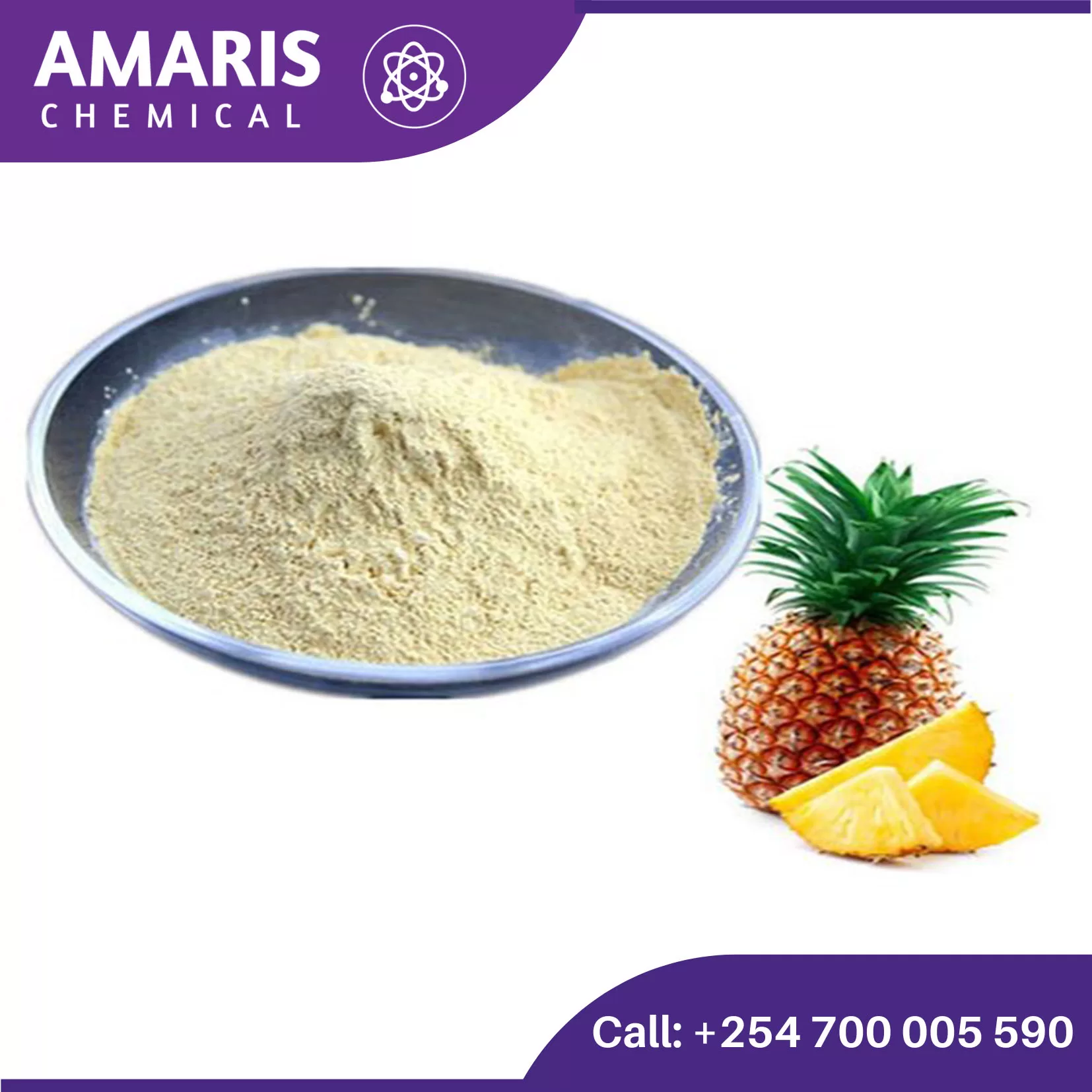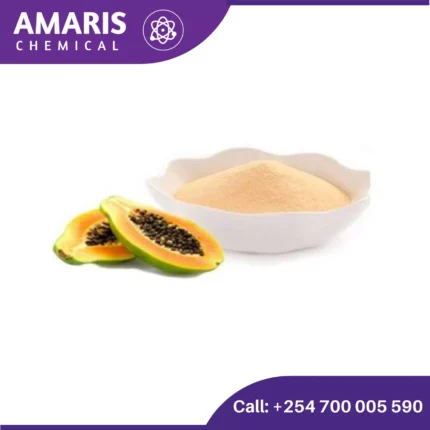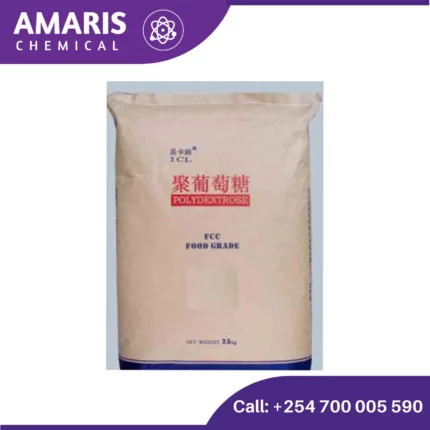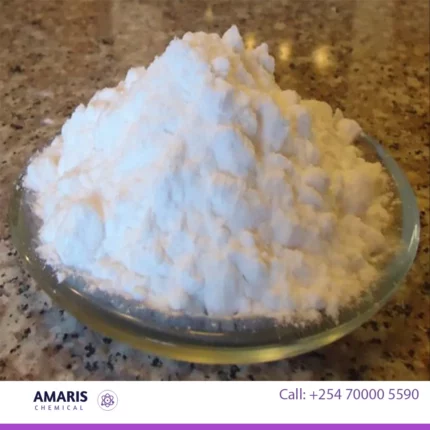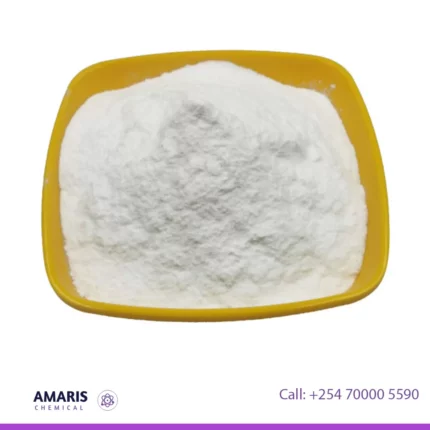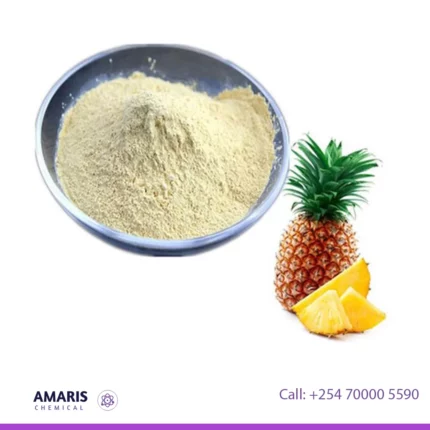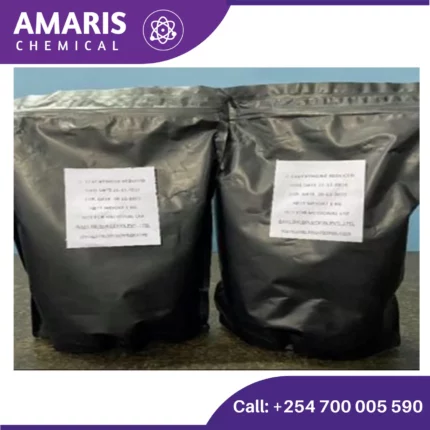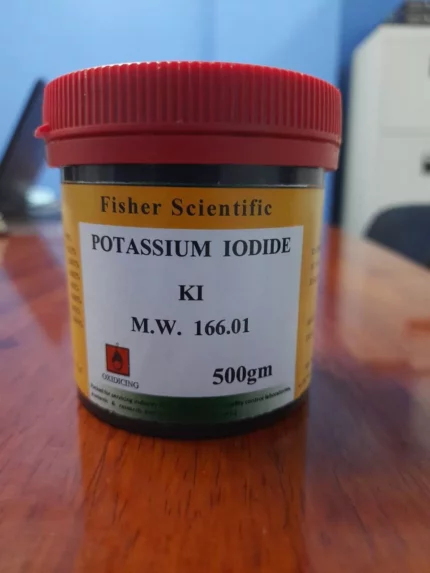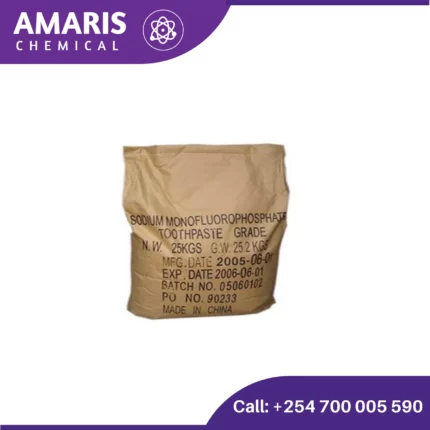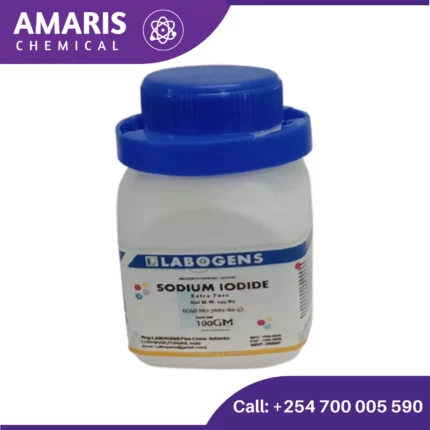Shipping & Delivery
Related products
Alpha Arbutin
KSh0.01
Alpha arbutin is a synthetic compound derived from the natural substance called hydroquinone. It is a skin-brightening agent and a type of skin lightening ingredient commonly used in cosmetic and skincare products. Alpha arbutin works by inhibiting the activity of the enzyme tyrosinase, which is involved in the production of melanin, the pigment responsible for skin color. By reducing melanin production, alpha arbutin helps to fade and prevent the formation of dark spots, hyperpigmentation, and uneven skin tone. It is considered a safer alternative to hydroquinone, as it exhibits similar skin-lightening effects with lower risks of potential side effects.
Beta Arbutin
KSh0.01
Beta arbutin, also known as β-arbutin, is a naturally occurring compound derived from plants, primarily bearberry plants. It is a glycosylated form of hydroquinone and is widely used in the skincare and cosmetic industry for its skin brightening and lightening properties.
Beta arbutin works by inhibiting the enzyme tyrosinase, which is involved in the production of melanin, the pigment responsible for skin color. By reducing the activity of tyrosinase, beta arbutin helps to diminish the formation of melanin, thereby reducing the appearance of dark spots, hyperpigmentation, and uneven skin tone.
What sets beta arbutin apart from regular arbutin is that it has a higher stability and is considered to be a safer alternative due to its reduced potential to convert into hydroquinone. Hydroquinone, although effective in lightening the skin, has been associated with potential side effects such as skin irritation and long-term skin damage.
Overall, beta arbutin is widely valued in the skincare industry for its skin brightening and lightening effects, making it a popular ingredient in various skincare products targeting hyperpigmentation and uneven skin tone.
Bromelain
KSh0.10
Bromelain is a powerful enzyme complex found primarily in the stems and cores of pineapples (Ananas comosus). It is renowned for its proteolytic properties, which means it has the ability to break down proteins into smaller peptides and amino acids. This natural enzyme mixture contains various proteases, such as bromelainases, stem bromelain, and fruit bromelain, which work synergistically to facilitate protein digestion.
Bromelain has gained significant attention for its potential health benefits and is commonly used as a dietary supplement. It has been credited with anti-inflammatory properties and has been studied for its ability to reduce swelling, bruising, and pain associated with various conditions, such as osteoarthritis and sports injuries. Additionally, bromelain has been shown to aid in the digestion of dietary proteins, which can contribute to improved gastrointestinal health.
Furthermore, bromelain has been explored for its potential therapeutic applications beyond digestion and inflammation. It has demonstrated promising effects on immune modulation, cardiovascular health, respiratory conditions, and even cancer treatment. However, further research is needed to fully understand and confirm these potential benefits.
Overall, bromelain can be described as a natural enzyme complex derived from pineapples that exhibits proteolytic activity, making it valuable for protein digestion. Its potential health benefits extend beyond digestion and include anti-inflammatory effects and various therapeutic applications.
Potassium Iodide 500grams
Active Pharmaceuticals Ingredients, Analytical Reagents, Nutrient Supplements, Wastewater Treatment Chemicals
Powder Sodium Mono Fluoro Phosphate [Na2PO3F]
Sodium monofluorophosphate (Na₂PO₃F), commonly abbreviated as SMFP, is a compound used in dental care products, particularly toothpaste, for its anti-cavity properties. Here are some key points about it:
- Chemical Composition:
- Formula: Na₂PO₃F
- Molar Mass: 143.95 g/mol
- Appearance: White, odorless powder
Sodium Fluoride 500gm
Sodium Iodide 100gm
Active Pharmaceuticals Ingredients, Analytical Reagents, Disinfectants and Biocides, Microbiology and Cell Culture Reagents
Sodium iodide is a chemical compound with the formula NaI. It appears as a white, crystalline solid and is highly soluble in water. Sodium iodide is often used in medical imaging as a tracer, in the manufacture of iodine-containing compounds, and in certain laboratory applications. It can also be used as a dietary supplement to prevent iodine deficiency. In its pure form, it's generally considered safe, but it should be handled with care to avoid ingestion or inhalation of dust.

